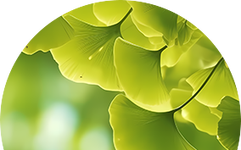
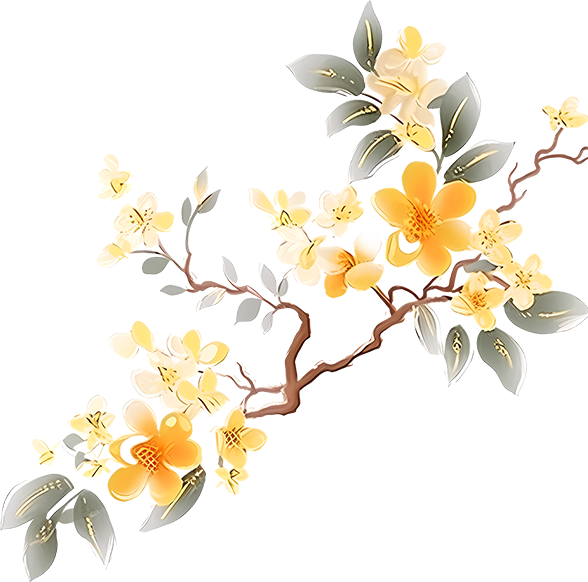 What is Yin Deficiency and Excess Heat?
What is Yin Deficiency and Excess Heat?
What is Excess Heat?
Yin deficiency and excess heat is a term frequently used in Traditional Chinese Medicine (TCM). The heat associated with Yin deficiency is referred to as “excess heat”. Many people do not fully understand the true meaning of Yin deficiency and excess heat.
To understand Yin deficiency and excess heat, one must first comprehend what Yin deficiency is. I previously wrote an article introducing: What is Yang deficiency? What is Yin deficiency?
Yin deficiency refers to a deficiency of Yin energy, fluids, and essence in the body, where the body’s Yin energy, fluids, and essence do not meet normal physiological needs. Broadly speaking, blood deficiency also falls under the category of Yin deficiency, although blood deficiency is generally treated as a separate condition.
Yin deficiency and excess heat indicate that there is a partial deficiency of Yin energy, fluids, and essence, and that the cooling power of Yin is insufficient, leading to the manifestation of heat signs in the body. This heat is termed “excess heat”. Excess heat is actually due to insufficient Yin, resulting in an apparent excess of Yang, which manifests as Yang heat. The Yang heat does not exceed the body’s normal requirements, hence it is called excess heat, which arises from Yin deficiency. If the Yang energy’s heat exceeds the body’s needs, it cannot be termed excess heat, but rather real heat.
What are the symptoms of Yin Deficiency and Excess Heat?
If one has Yin deficiency and excess heat, there will certainly be signs of heat, but there will also generally be symptoms of insufficient Yin energy, fluids, or essence. Symptoms may include insomnia, night sweats, tinnitus, five-center heat (palms and soles), tidal fever, chest heat, flushed cheeks, thin and rapid pulse, dry throat, dry mouth, thirst, dry skin, oral ulcers, vaginal dryness, and a subjective feeling of heat.
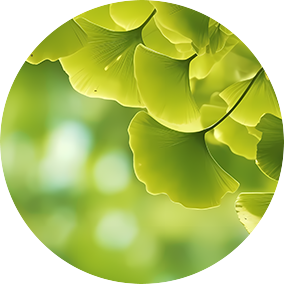
How to Diagnose Yin Deficiency and Excess Heat?
However, during specific diagnosis, if only some of the above symptoms are present, such as tinnitus, chest heat, or oral ulcers, one cannot immediately conclude that it is Yin deficiency and excess heat, as real heat can also cause these issues.
For example, kidney Yin deficiency and excess heat can lead to tinnitus, while excess heart heat can also cause tinnitus. Staying up late for a period can deplete kidney essence, making some individuals prone to oral ulcers, which may be due to Yin deficiency and excess heat; others may develop oral ulcers from excessive consumption of mutton or spicy foods, which would be due to real heat.
Thus, having only tinnitus, chest heat, or oral ulcers does not immediately indicate Yin deficiency and excess heat; it is necessary to consider other symptoms to determine whether the patient has Yin deficiency and excess heat or real heat.
If it is Yin deficiency and excess heat, there will be symptoms of heat alongside symptoms of insufficient Yin energy, fluids, or essence. Insufficient Yin energy, fluids, or essence will manifest as dryness, roughness, or a thin physique.
If Yin deficiency and excess heat is not severe, the symptoms of dryness and heat may not be very pronounced. Although there may not be obvious symptoms of dryness and roughness, Yin deficiency and excess heat can still exist.
A simple method to diagnose whether Yin deficiency and excess heat is present is to examine the fingernails.
If a person’s fingernail health circle is muddy red, or if the area under the nail bed is muddy red, the patient has Yin deficiency and excess heat. Even if there are no very obvious heat signs and dryness symptoms, it is still Yin deficiency and excess heat, just not at a very severe stage.
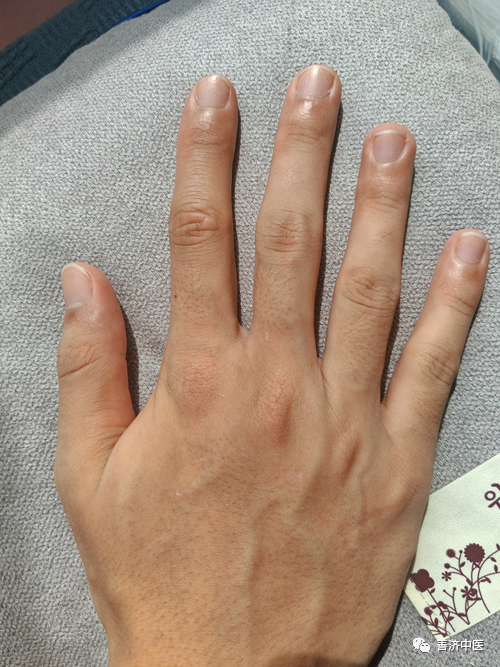
As shown in the above image, the patient has mild Yin deficiency and excess heat. The symptoms of heat and dryness are not particularly pronounced. However, it is evident that the patient has been staying up late for a long time, leading to kidney essence depletion. The patient has mild difficulty falling asleep but has not yet developed insomnia or night sweats.
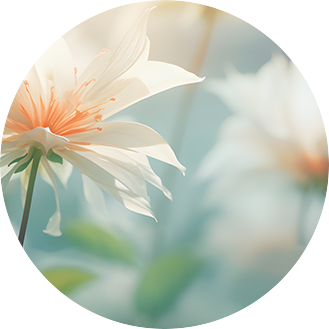 Is Yin Deficiency and Excess Heat
Is Yin Deficiency and Excess Heat
Only Related to Kidney and Liver Yin Deficiency?
Generally, when discussing Yin deficiency and excess heat, it is often related to kidney Yin deficiency and liver-kidney Yin deficiency, while heart, lung, and spleen Yin deficiency are less frequently mentioned. In reality, all organs have Yin and Yang, and all organs can potentially experience Yin deficiency and excess heat.
Thus, heart Yin deficiency, lung Yin deficiency, and spleen Yin deficiency can also exist, and heart Yin deficiency with excess heat, lung Yin deficiency with excess heat, and spleen Yin deficiency with excess heat can also occur.
However, kidney Yin deficiency and excess heat is indeed the most common. As mentioned in the “Wai Jing Wei Yan: Kidney Water Chapter”:
All organs have organ fire, and all viscera have viscera fire. Where fire reaches, the same energy is attracted, hence its tendency to become excessive. The difference is that water can nourish it. The water that stops is unique to the kidneys, and there is also fire within the water. Insufficient water cannot counteract the excess of fire. This is why the kidneys have a nourishing rather than draining function. The Master said: All organs draw resources from water, so one should cherish water and fear fire. Qi Bo said: When water is scarce and fire is abundant, upon seeing fire erupt, one fears the fire’s consumption of water, yet who knows that it harms water instead? This disaster arises from love, not from hating water but loving fire.
The water of the kidneys nourishes the five organs and six viscera, making them very prone to deficiency and decline, hence kidney Yin deficiency and excess heat can easily occur. Excessive sexual activity can easily trigger it, as can excessive fatigue; real heat can also deplete Yin, leading to this condition. Therefore, kidney Yin deficiency and excess heat is the most common.
Kidney Yin deficiency, where kidney water is insufficient to nourish liver wood, can easily lead to liver Yin deficiency, so liver and kidney Yin deficiency often occur together. Of course, excessive liver Qi and liver fire can lead to liver Yin deficiency, which can also deplete kidney water, resulting in kidney Yin deficiency.

Can Excess Heat and Real Heat Exist Simultaneously?
Is it impossible for them to coexist?
Excess heat and real heat can indeed coexist, and often they do. Excess heat and real heat can exist in the same organ or in different organs.
For example, if a person has excessive heart fire, the excessive fire can deplete heart Yin, leading to heart Yin deficiency, which means that both excess heat and deficiency heat exist in the heart.
For instance, someone may have excessive heart fire while also having kidney Yin deficiency and excess heat. This indicates that excess heat and deficiency heat exist in different organs.
Moreover, prolonged excessive heart fire can lead to kidney Yin deficiency and excess heat.
Many years ago, I treated a very special case. The patient, born in 1968, came for consultation during a hot day, wearing thick ear muffs. The patient’s complexion was flushed, and the lips were slightly purplish. The patient reported that any loud sound caused severe ear pain, even normal conversation was unbearable. This had been ongoing for over ten years, and the patient had sought treatment from many renowned doctors without success.
From the patient’s symptoms, it was evident that previous doctors had likely treated the patient based on kidney Yin deficiency and excess heat. Indeed, most of the doctors who treated the patient prescribed Liu Wei Di Huang Wan (Six Flavor Rehmannia Pill).
This was actually a misdiagnosis. The patient indeed had a certain degree of kidney Yin deficiency and excess heat, but being born in 1968, the patient had severe heart excess heat. The kidney Yin deficiency and excess heat were a result of long-standing heart excess heat; the kidney Yin deficiency was the effect, while the heart excess heat was the cause. The patient’s extreme sensitivity to sound was also due to heart excess heat, not kidney Yin deficiency and excess heat.
Previous doctors treated the patient based on kidney Yin deficiency and excess heat, which is why they could not succeed.
At that time, I explained the cause of the disease to the patient. I simply adjusted the muscles and opened the head and the meridians associated with fire—heart meridian, pericardium meridian, small intestine meridian, and triple warmer meridian. After just one or two sessions, the patient saw improvement. Treatment continued for about three to four months until the patient was completely cured.
Excess heat and real heat can coexist, potentially in the same organ or in different organs. Real heat can lead to excess heat, and excess heat can also promote real heat (the promotion of excess heat by deficiency heat occurs between different organs).

How to Treat Yin Deficiency and Excess Heat?
The treatment for Yin deficiency and excess heat primarily involves using herbs that nourish Yin, and can include herbs that clear excess heat, but should not use herbs that tonify Yang.
This is actually a very simple principle. However, among modern TCM learners, there are some who mistakenly believe that warming Yang herbs like Fu Zi (Aconite) and Rou Gui (Cinnamon) can be used to treat Yin deficiency and excess heat.
I truly want to ask, where did they learn that warming Yang herbs like Rou Gui and Fu Zi can treat Yin deficiency and excess heat?
Ming Dynasty’s Miao Xiyong in “Bencao Jing Shu” states:
“Fu Zi, having received the fire energy of the earth and the heat energy of heaven, is a combination of Yin and Yang, and is inherently hot in nature. It is a key herb for dispelling Yin cold, enhancing Yang fire, and eliminating cold dampness; it is a superior herb for tonifying Qi and blood, enhancing the fire of life. If it is not for Yin cold, cold dampness, Yang deficiency, or weak Qi, and is mistakenly used for internal heat due to Yin deficiency, blood deficiency, cold damage, warm disease, heat disease, Yang collapse, etc., it will lead to immediate death.”
Ming Dynasty’s Ni Zhu Mo in “Bencao Hui Yan” states:
(Fu Zi) If used for Yin deficiency and internal heat or Yang extreme resembling Yin, it will lead to disaster without delay.
Rou Gui is used for kidney Yang deficiency and life gate fire decline, and should also be avoided in patients with Yin deficiency and excess heat.
Throughout history, medical practitioners and modern herbal medicine knowledge have made it clear that Rou Gui and Fu Zi can be used to treat kidney Yang deficiency, but should not be used to treat kidney Yin deficiency and excess heat.
This is a very simple principle. How is it that some TCM learners completely disregard the inherent hot properties of these herbs and stubbornly believe that Rou Gui and Fu Zi can treat kidney Yin deficiency and excess heat?
I often see some prescriptions where patients with Yin deficiency and excess heat or real heat are prescribed large amounts of Rou Gui, Fu Zi, Gan Jiang (Dried Ginger), Sheng Jiang (Fresh Ginger), Xian Ling Pi (Epimedium), Tu Si Zi (Dodder Seed), and Lu Jiao Shuang (Deer Antler Velvet), essentially adding in any Yang tonifying herbs. Will the patient get better? Impossible.
Previously, a patient showed me a prescription. The patient had back pain and consulted a physician who prescribed a large amount of Fu Zi, Rou Gui, and Gan Jiang. I told the patient, you have Yin deficiency and excess heat, and real heat as well; this prescription is not suitable. Taking it could lead to insomnia and night sweats.
The patient said, since it was prescribed, I will try it. The next day, the patient came back to tell me that after taking it once, they hardly slept at all that night.
With internal Yin deficiency and excess heat, and real heat, adding a large amount of warming herbs will only exacerbate the heat and disturb the spirit, making it impossible to sleep well. If continued, it will inevitably lead to night sweats. If taken for an extended period, it could trigger various diseases, even leading to dangerous situations.
Some may say, if the patient is Yang deficient, I will use Fu Zi to tonify Yang; if the patient is Yin deficient, I will use Fu Zi to tonify Yang and generate Yin.
Indeed, Yin can generate Yang, and Yang can also generate Yin. However, the generation of Yin from Yang and vice versa has conditions. It is not that a physician can will Fu Zi to generate Yang or to tonify Yang and generate Yin.
When herbs enter the body, they exert their inherent effects and do not act according to the physician’s personal will.
If one wishes to tonify Yang to generate Yin, it must be due to Yang deficiency leading to insufficient Yin transformation; only then can Yang be tonified to generate Yin. Moreover, whether tonifying Yang can generate Yin depends on whether the body has the conditions for Yang to generate Yin; if the conditions are not met, tonifying Yang will not promote the generation of Yin.
Is Yin deficiency and excess heat considered Yang deficiency? Is Yin deficiency and excess heat considered a case of Yang deficiency that cannot generate Yin? If it is Yang deficiency and Yin deficiency, it generally would not be termed Yin deficiency and excess heat, but rather both Yin and Yang deficiency.
Yin deficiency and excess heat is not Yang deficiency, and Yin deficiency and excess heat cannot be treated with warming Yang herbs like Fu Zi and Rou Gui. It requires the use of herbs that nourish Yin and clear excess heat, such as Sheng Di Huang (Rehmannia Root), Xuan Shen (Scrophularia), Mai Dong (Ophiopogon), Tian Men Dong (Asparagus Tuber), Zhi Mu (Anemarrhena), and Mu Dan Pi (Moutan Peony Root) which are commonly used to treat Yin deficiency and excess heat.
If large amounts of warming Yang herbs like Rou Gui and Fu Zi are used to treat Yin deficiency and excess heat, not only will they not tonify Yang and generate Yin, but they will also further deplete Yin, exacerbating the condition of Yin deficiency and excess heat.
附文:学员整理 | 当阴虚火旺遇到火神派 学员整理 | 这些年,你踩过哪些养生的坑?
For discussions related to TCM, you can add the following WeChat ID to join the group, and please indicate “Learning TCM” when joining:
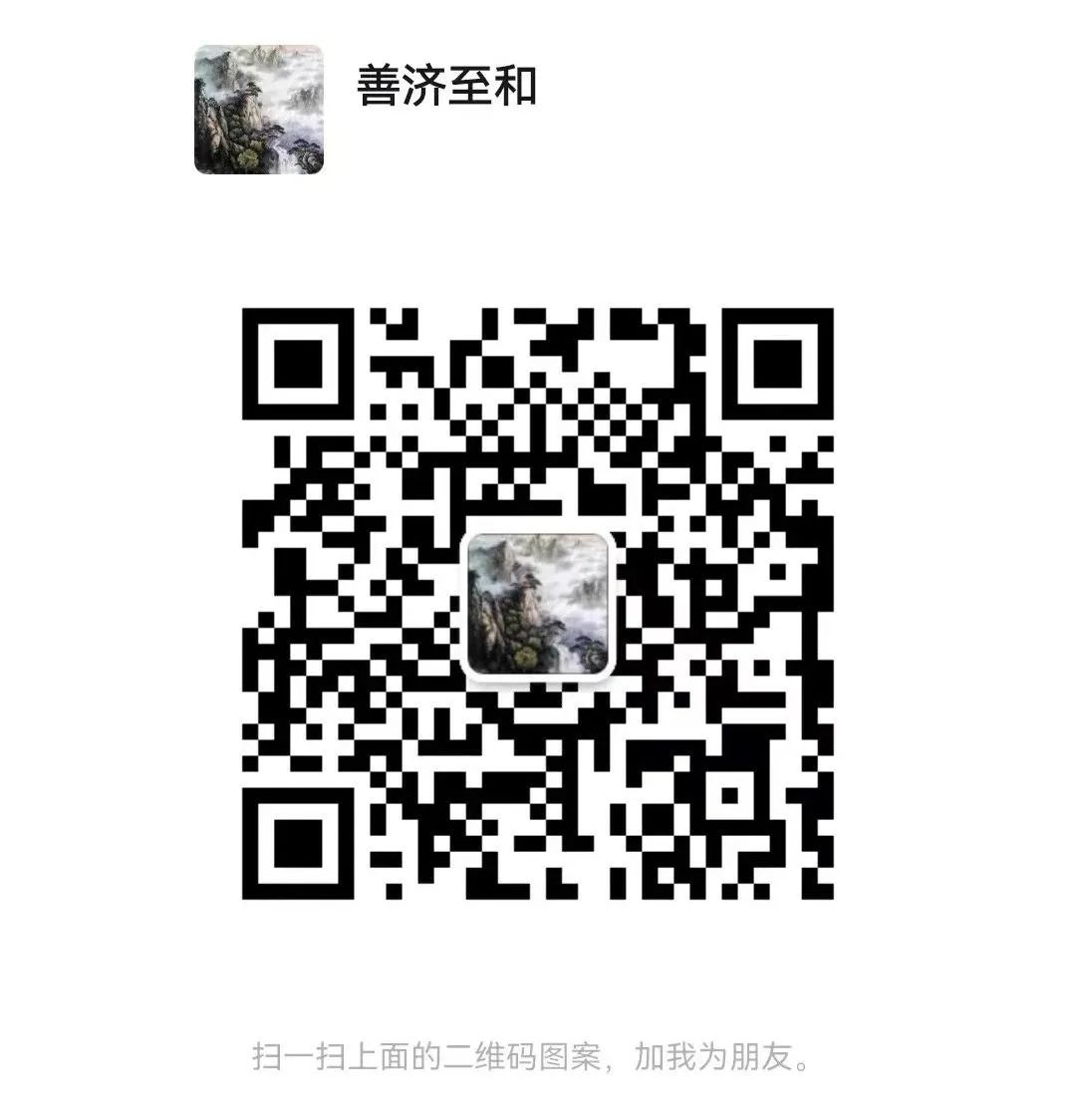 To learn systematic TCM courses, you can click the following link to enter the Shanjizhihe TCM Academy:
To learn systematic TCM courses, you can click the following link to enter the Shanjizhihe TCM Academy:

